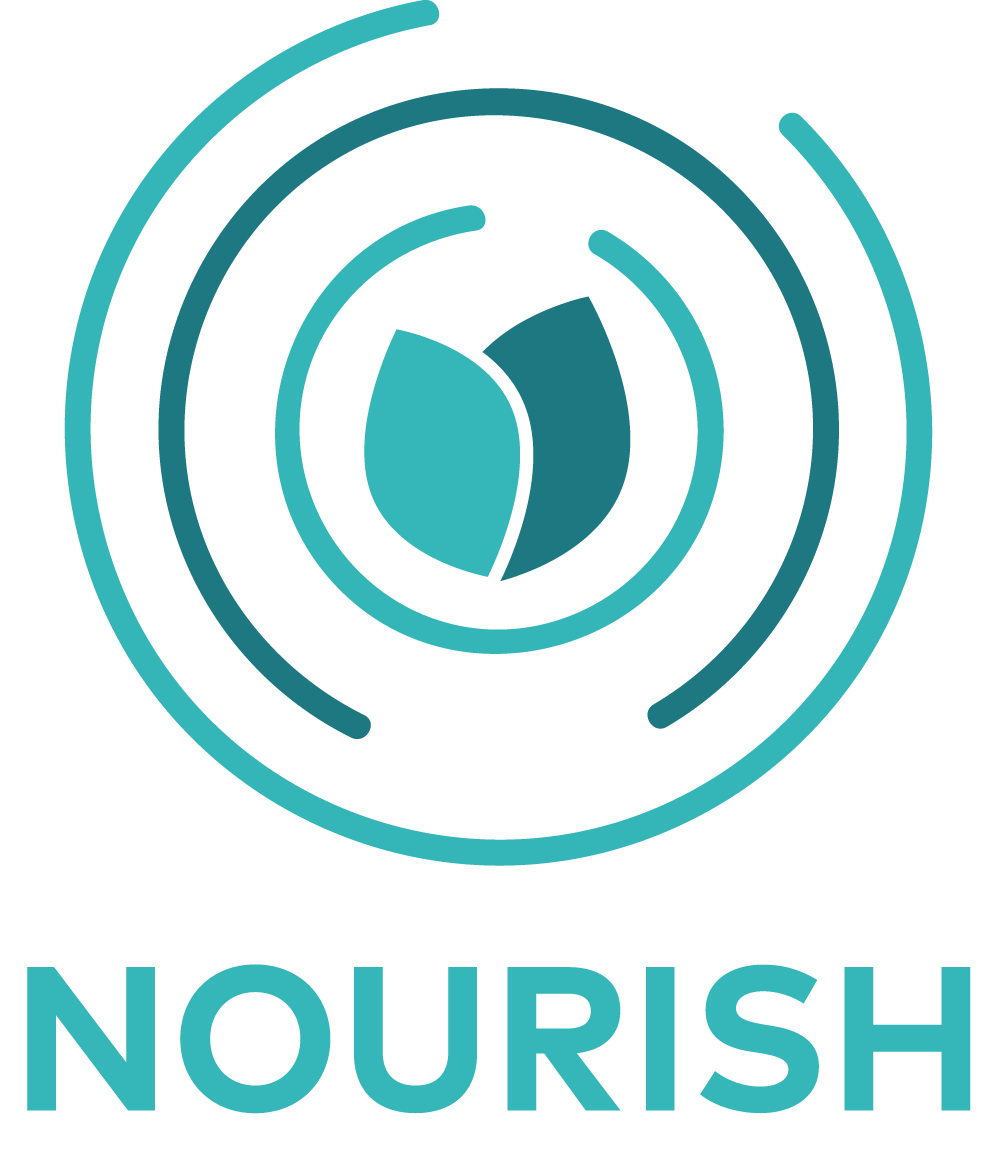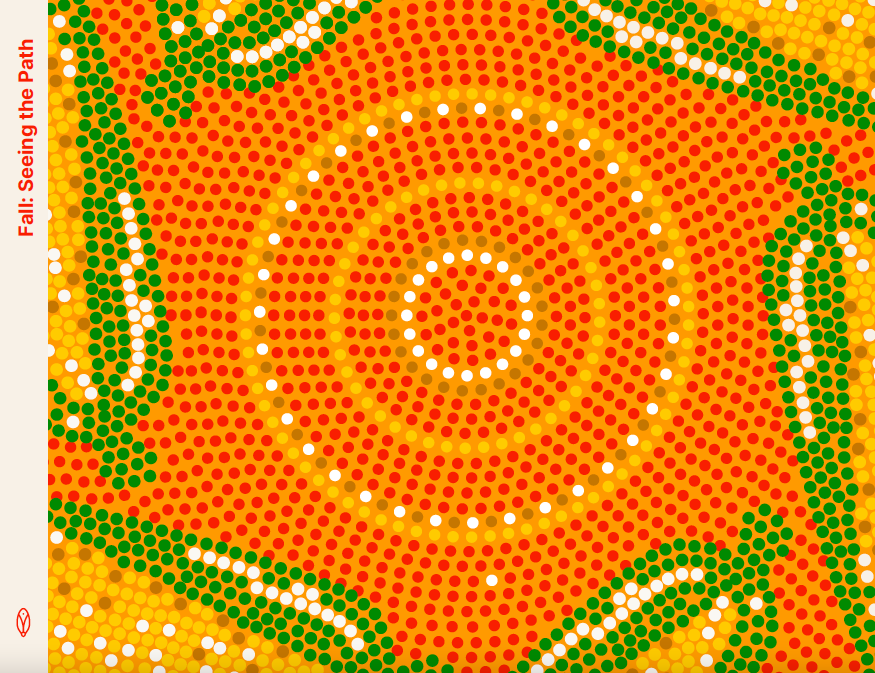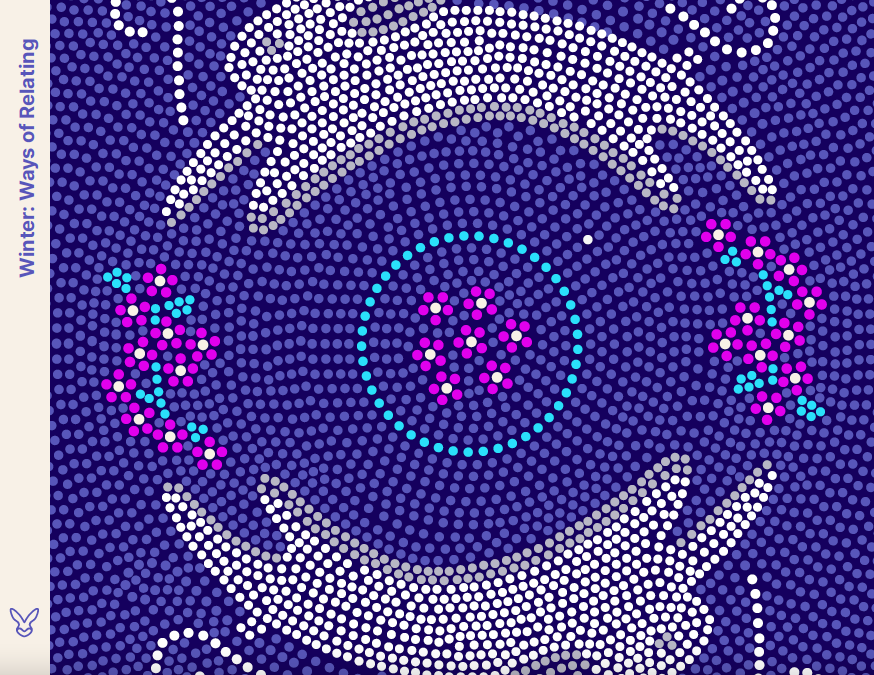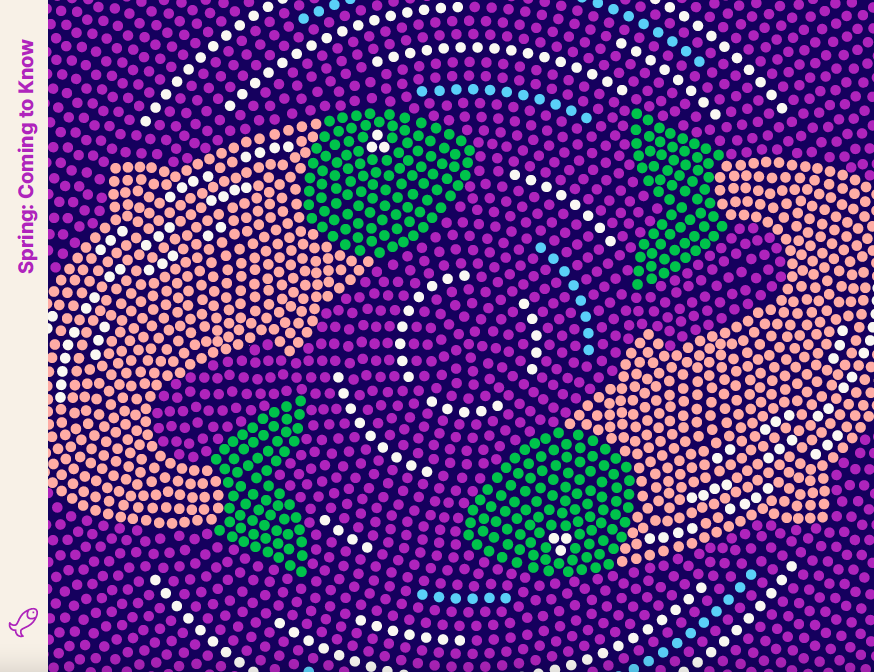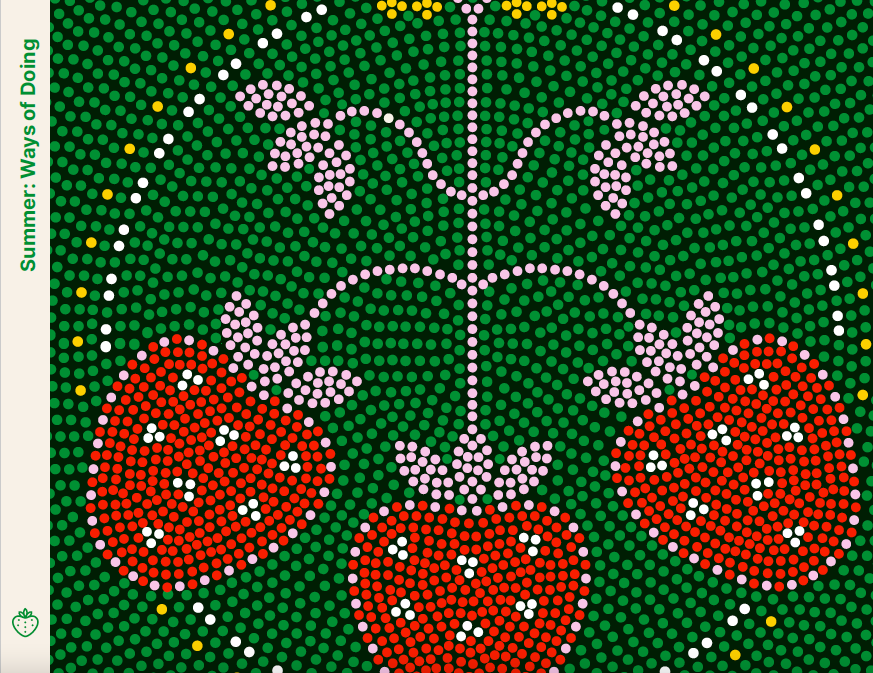Food is Our Medicine was designed to introduce health care professionals and leaders to new and different ways of understanding the complex relationships between Indigenous foodways, reconciliation, healing, and health care.
The Food is Our Medicine Learning Journey is designed to deepen your relationship with history, food, land, and ultimately, with yourself.
You will have opportunities to learn and reflect on (de)colonization, the perspectives, cultures, and foodways of various Indigenous communities, and steps you can take toward honouring Indigenous worldviews in health care. This journey will highlight and celebrate the diversity of traditional foods and Indigenous foodways in Canada, encourage introspection, and promote the narrative that Food is Our Medicine.
Nourish offers Food is Our Medicine (FIOM) in two unique ways:
A free online course of five learning modules (Learning Journey), complemented by a recorded webinar series and a digital resource library.
The second offer is through program registration for groups in health care organizations to work through the Learning Journey (five learning modules) supported by a series of virtual Learning Circles (webinars). Please contact Nourish at IndigenousFoodways (@) NourishLeadership.ca if you are interested in exploring this option.
1. Sign up for our free online course: Food is Our Medicine Learning Journey
Culturally appropriate food is understood to include restoring and respecting the relationships that Indigenous peoples have with the land, with ancestors, with current and future generations, and with local environments. Exploring the past, present, and future relationship between food and healing will assist you, as a health care professional, in decolonizing food systems in health care settings and advancing the work of reconciliation.
The Food is Our Medicine Learning Journey is organized into seasonal learning modules: introductory, fall, winter, spring, and summer.
Each module comprises readings, recorded webinars, online resource links, and reflection questions. As you complete a learning module the next one will be provided to you.
The Food is Our Medicine Learning Journey is completed at your own pace, and based on past learners experiences it takes approximately 15 to 30 hours.
Acknowledgements
This campaign emerged as a vision of the Nourish Indigenous & Allies Advisory and was developed by the Nourish team in collaboration with many partners. It is a heart-driven collaboration between many Indigenous and settler leaders, health care professionals, Knowledge Keepers, and advocates. In addition to all the authors and media-makers whose work is featured in the learning journey and digital resource library, we offer our gratitude to all those who contributed their time, energy, perspectives, and knowledge:
Writers
Terrelyn Fearn, Glooscap First Nation (Turtle Island Institute)
Melanie Goodchild, Biigtigong Nishnaabeg First Nation (Turtle Island Institute)
Mair Greenfield, Kebaowek First Nation (Nourish)
Tessie Harris, European settler (Nourish Indigenous & Allies Advisory)
Hayley Lapalme, French-Canadian settler (Nourish)
Elisa Levi, Chippewas of Nawash First Nation
Nourish Indigenous & Allies Advisory
Shelly Crack, Northern Health
Jenny Cross, Haida Knowledge Keeper
Margaret Edgars, Haida Elder
Kelly Gordon, Kanyen’keha (Mohawk), Six Nations Health Services
May Henderson, Métis Elder
Kathy Loon, Slate Falls First Nation, Sioux Lookout Meno Ya Win Health Centre
Maurice Mathieu, Métis, Saskatchewan Health Authority
Meeka Otway, Inuk Knowledge Keeper
Charlotte Pilat Burns, Métis, Saskatchewan Health Authority
Laura Salmon, Nak’azdli First Nation, Yukon Hospitals
Additional Contributors
Kaylee Alton
Laura Blakeman
Jenn Chow
George Couchie, Nipissing First Nation, Redtail Hawk
Suzanne House
Marshal Johnson
Kitty R. Lynn Lickers, Six Nations of the Grand River
Adrianne Lickers-Xavier, Six Nations of the Grand River
Be Marshall
Jared Qwustenuxun Williams, Cowichan Tribes
Turtle Island Institute
Yellowhead Institute
Creative Team
Briteweb, Digital Agency
Dimitra Chronopoulos, Editor
Brittnay Gauthier, Michipicoten First Nation, Beadwork Artist
RallyRally, Design Studio
Mariah Meawasige, Anishinaabekwe/settler from the northern shores of Lake Huron (Genaabajing (Serpent River First Nation) and Elliot Lake, Designer/Illustrator
Nourish Team
Rachel Cheng, Communications Manager
Mair Greenfield, Kebaowek First Nation, Program Manager
Hayley Lapalme, Co-Director
Jennifer Reynolds, Co-Director
Funders
The Frontline Fund
McConnell Foundation
The Arrell Family Foundation
